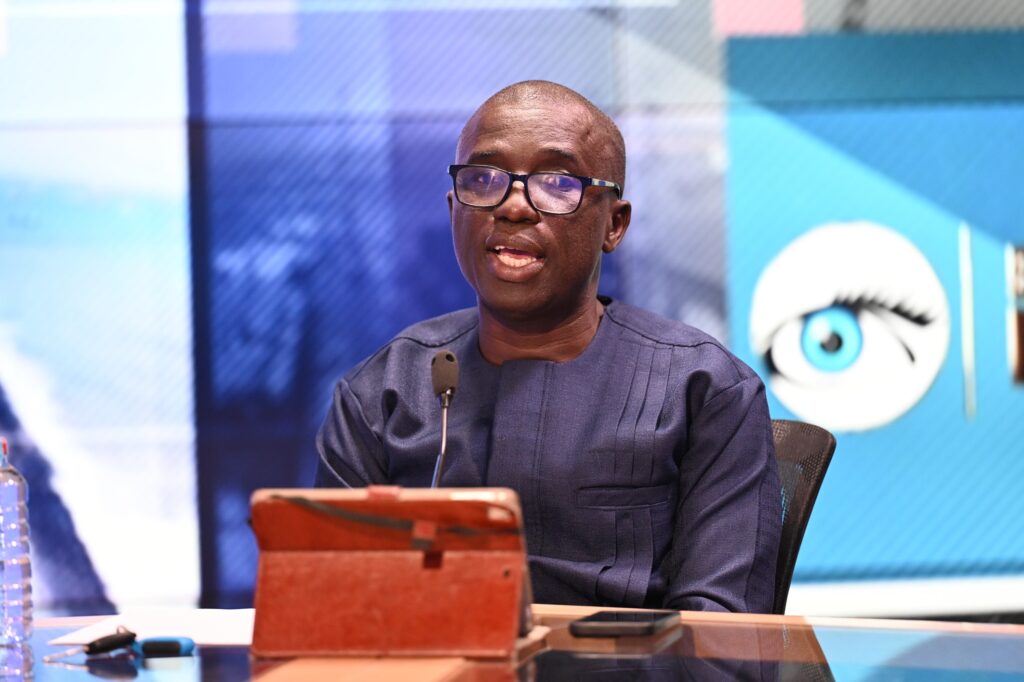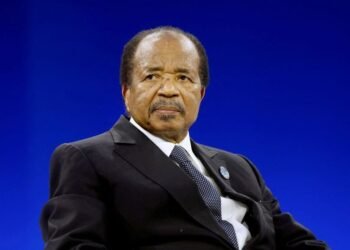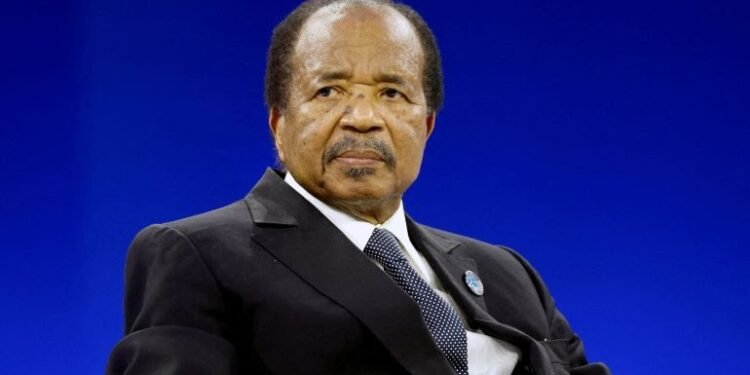Consumer advocacy organizations and energy sector stakeholders are urging the Public Utilities Regulatory Commission (PURC) to initiate consultations aimed at reducing electricity tariffs for the third quarter of 2025.
This appeal is grounded in notable improvements in Ghana’s macroeconomic indicators and a decrease in electricity input costs, suggesting a potential for tariff adjustments that could benefit consumers.
In a joint statement, Appiah Kusi Adomako, West Africa Regional Director for CUTS International, and Benjamin Nsiah, Executive Director of the Centre for Energy, Markets, and Small and Medium Enterprises (CEMSME), highlighted the favorable shifts in key factors influencing tariffs.
According to the advocacy groups, Ghana’s economic indicators suggest that electricity tariff reductions are not only feasible but necessary to cushion consumers and industries.
“The Ghana Cedi has appreciated by approximately 18% against the US dollar, moving from GH¢15.70 to GH¢12.93 in the second quarter, with further appreciation expected before the third quarter begins.”
CUTS International and CEMSME

Additionally, inflation has dropped to 21.2%, down from 22.49%, which was used as a benchmark for setting tariffs in the first and second quarters. The advocacy groups argued that this downward inflation trend provides room for tariff adjustments.
Natural gas prices are expected to rise to US$4.20/MMBTU in the third quarter, according to projections by the U.S. Energy Information Administration.
However, the government’s subsidies on WACOG (Weighted Average Cost of Gas) by about US$0.83/MMBTU, combined with the stronger Cedi, could offset cost increases, ensuring tariffs remain affordable
Additionally, the share of hydropower in electricity generation may increase above 30%, potentially lowering costs further.
“These positive macroeconomic indicators provide a strong case for tariff reduction. Lower electricity tariffs would alleviate financial pressures on households, reduce production costs for industries, and help curb inflation, fostering long-term consumer welfare.”
CUTS International and CEMSME
Regulatory Responsibilities and Consumer Protection

The statement emphasized the PURC’s legal mandate under the Public Utilities Regulatory Commission Act 1997 (Act 538), Section 16(3)(a), to protect consumer interests.
“The Commission must act transparently and engage stakeholders to ensure Ghanaians reap the benefits of these economic gains.”
CUTS International and CEMSME
The PURC is required to review electricity and water tariffs quarterly, reflecting changes in macroeconomic factors like exchange rates and inflation, as well as market-driven operational costs of utility service providers such as the Electricity Company of Ghana (ECG). These factors, beyond the control of providers, directly influence consumer tariffs.
The two organizations stressed that the Cedi’s appreciation should translate into tangible relief for consumers.
For industries, they added that reduced tariffs would lower production costs, potentially stabilizing prices and boosting economic growth.
The group also called for greater transparency and consumer engagement in the tariff review process. They expressed concern over ECG’s inefficiencies, including commercial and technical losses, which unfairly burden consumers.
“PURC must address ECG’s management challenges and link future tariff reviews to institutional reforms that enhance efficiency and service delivery.”
CUTS International and CEMSME

The organizations further noted that tariff reductions could have broader economic benefits. By easing the cost burden on businesses, lower electricity prices could stimulate industrial growth, create jobs, and improve Ghana’s competitiveness in the region.
They called on PURC to act proactively, leveraging the current economic climate to deliver relief to both residential and commercial consumers.
On April 11, 2025, PURC announced a 6.52% electricity tariff increase effective May 1, 2025, based on a projected exchange rate of GH¢15.6974/US$, an inflation rate of 22.49%, and a Weighted Average Cost of Gas of US$7.6289/MMBtu.
The decision included 50% of outstanding revenue arrears from 2024, totaling GH¢488.42 million, resulting in a cumulative 14.75% tariff hike for the first and second quarters of 2025.
Given the current economic improvements, CUTS International Accra and CEMSME urged PURC to reverse this trend and prioritize consumer relief through a downward tariff adjustment.
Stakeholders hope that the upcoming tariff review will prioritize consumer welfare without compromising service reliability.
READ ALSO: Mahama Promises Revamp of Tema Oil Refinery Through PPP



















